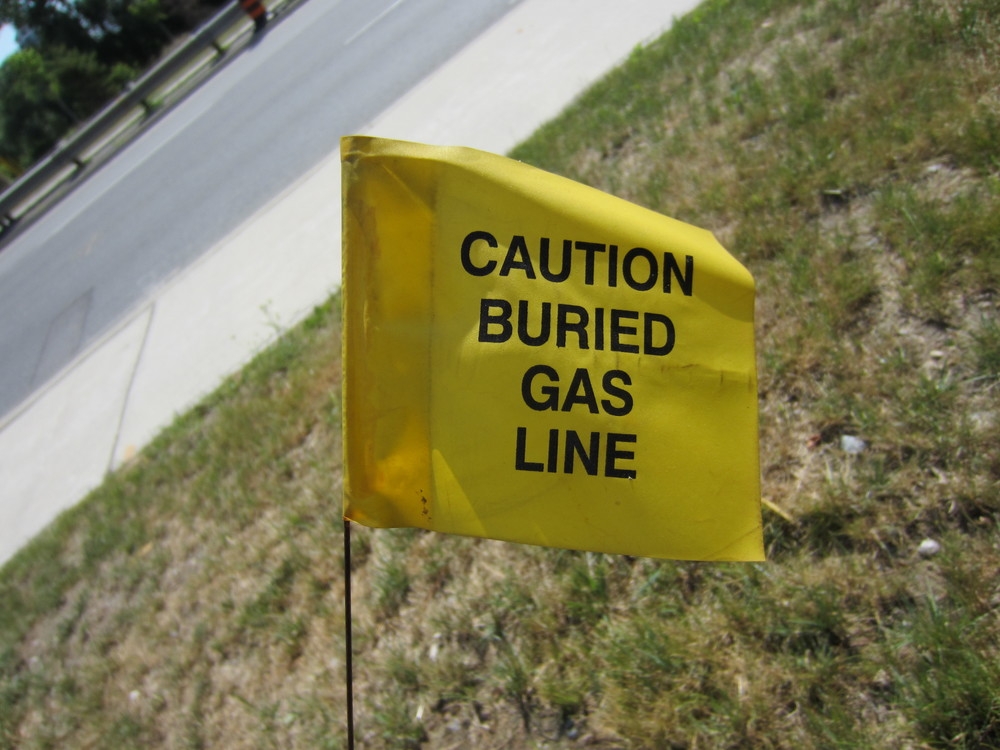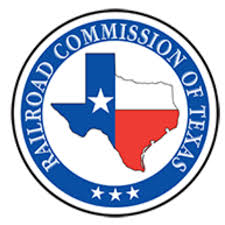WHAT IS A MASTER METER SYSTEM?
Texas State Rule defines a Master Meter as a natural gas pipeline system for distributing natural gas for resale within, but not limited to, a distinct area, such as a mobile home park, housing project, or apartment complex, where the operator purchases metered gas from an outside source. The natural gas distribution pipeline system supplies the ultimate consumer who either purchases the gas directly through a meter or by other means such as by rent.
Public Law Requires the DOT to develop and enforce minimum safety regulations for the transportation of gases by pipeline. These are published in Title 49 of the Code of Federal (CFR), 190, 191, 192, and 199.
The Railroad Commission of Texas (RRC) performs periodic audits of the natural gas systems to ensure compliance with federal and state regulations. Pipeline safety regulations require operators of natural gas systems to meet all federal and state requirements. The natural gas pipeline safety regulations apply to all jurisdictional systems, and the Railroad Commission of Texas oversees enforcement.
WHAT WE DO
Gas Leak Surveys
Cathodic Protection (Pipe-to-Soil/Rectifier Readings)
Atmospheric Corrosion Inspections
Survey and Patrol
Emergency/Relief Valves Inspections
Odorant Concentration Tests
Line Location/Mapping
Regulations and Compliance Support/RRC Audit Prep
Operation and Maintenance (O/M) Plan
Emergency Plan
Distribution Integrity Management Plan (DIMP)
Public Awareness Plan
Operator Qualification (OQ) Plan
Training and Written Instruction for Employees
CLIENTS WE SERVE
Chapman Engineering proudly serves all of Texas!
Apartment Facilities
Town Homes/Condominiums
Housing Authorities
Schools/Hospitals
Gas Storage Facilities
Chapman Engineering personnel visit Master Meter facilities to inspect, survey, and train property personnel about their natural gas systems. Federal and State regulations require a broad range of inspections and specialized training intended to assure the integrity of natural gas systems and to document their operations and maintenance. The goal of these activities is to protect the welfare of residents at the properties, the property investment, and property owners from any liability.
Most natural gas systems have metal piping and/or metal pipe risers (with poly distribution lines) to the pressure regulators. Any metal in contact with soil or water will be more susceptible to corrosion and needs cathodic protection inspections on an annual basis to meet the requirements set by the Railroad Commission of Texas. An annual cathodic protection test, which involves taking "pipe to soil" readings, and conducting an annual gas leakage survey, will show whether the gas piping is being protected and also show how well the cathodic protection system is working. Testing is always done to NACE International standards.
Check out our other offerings




